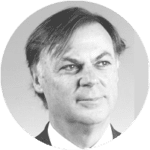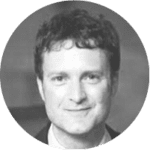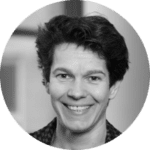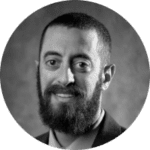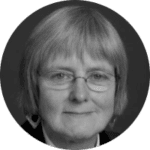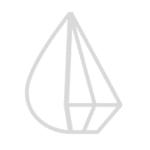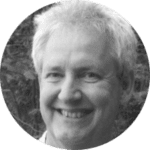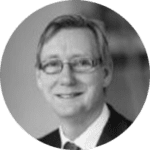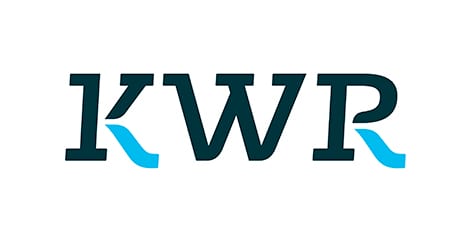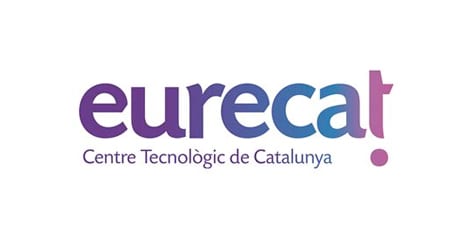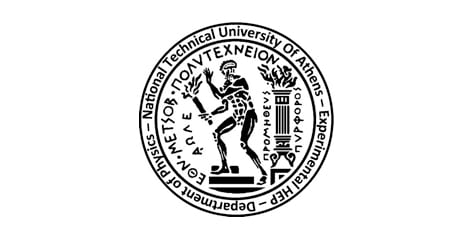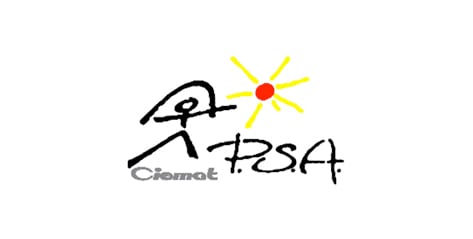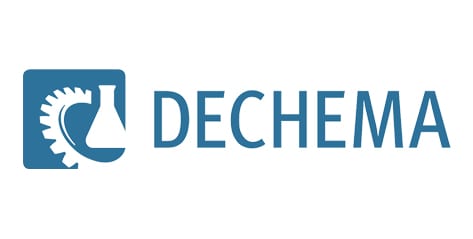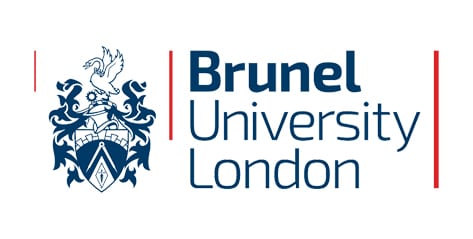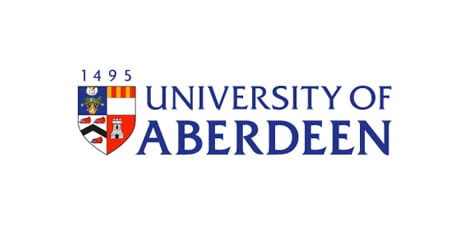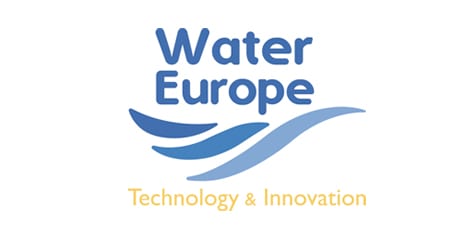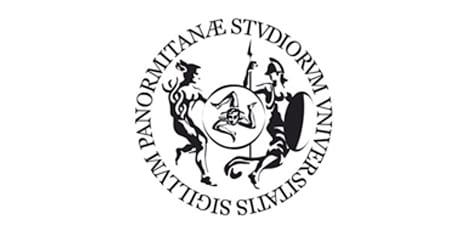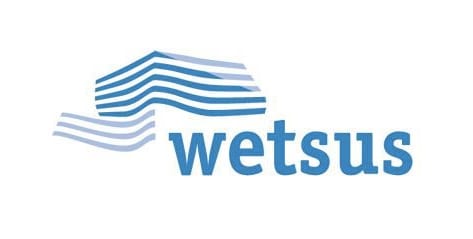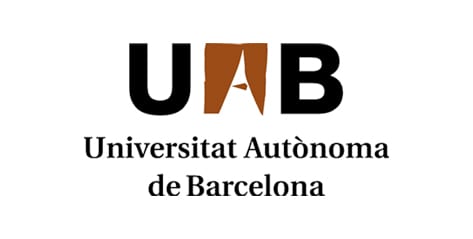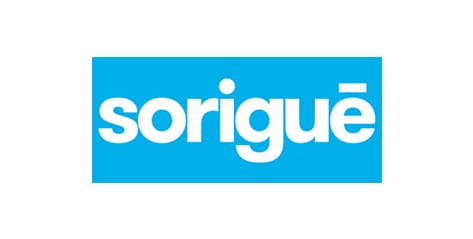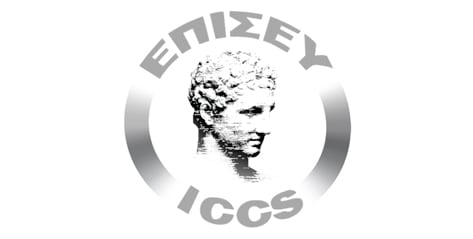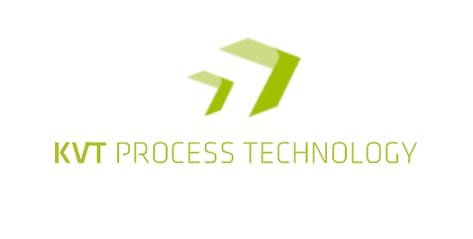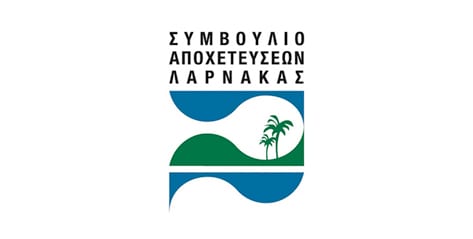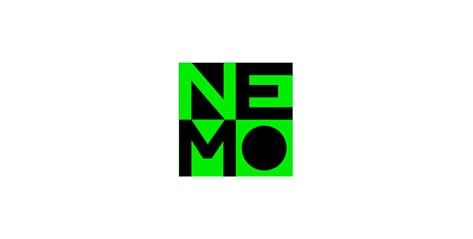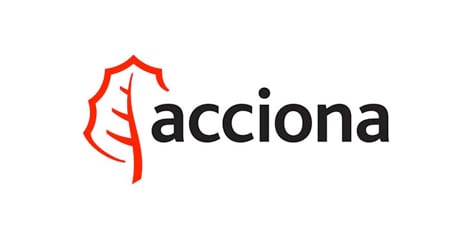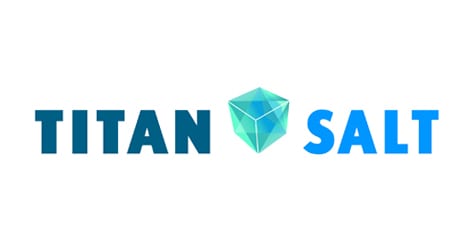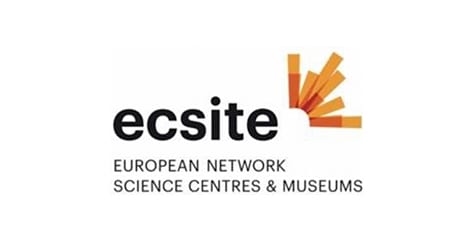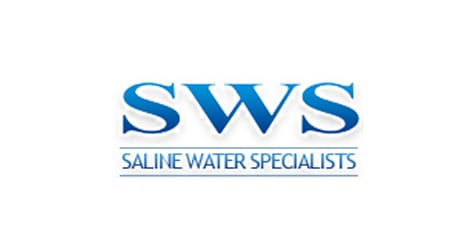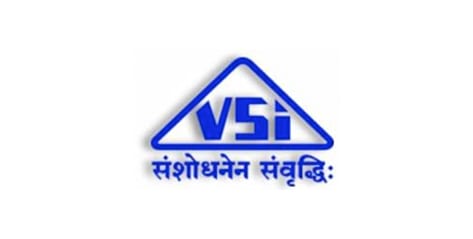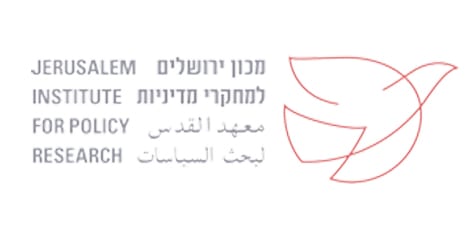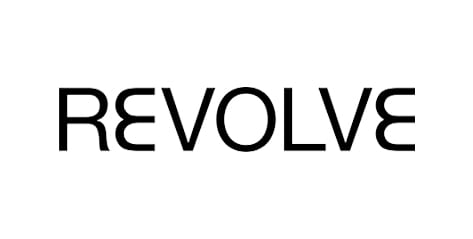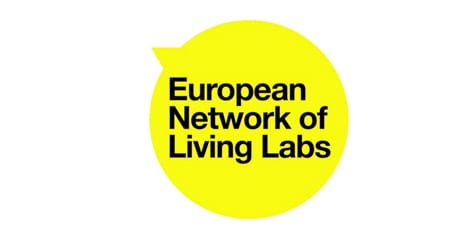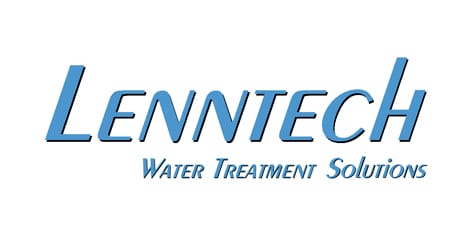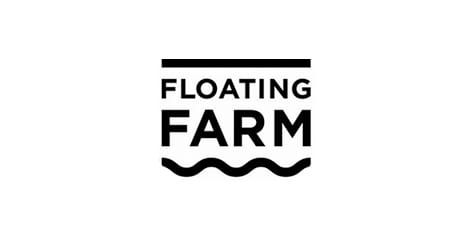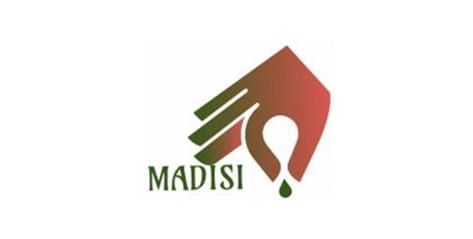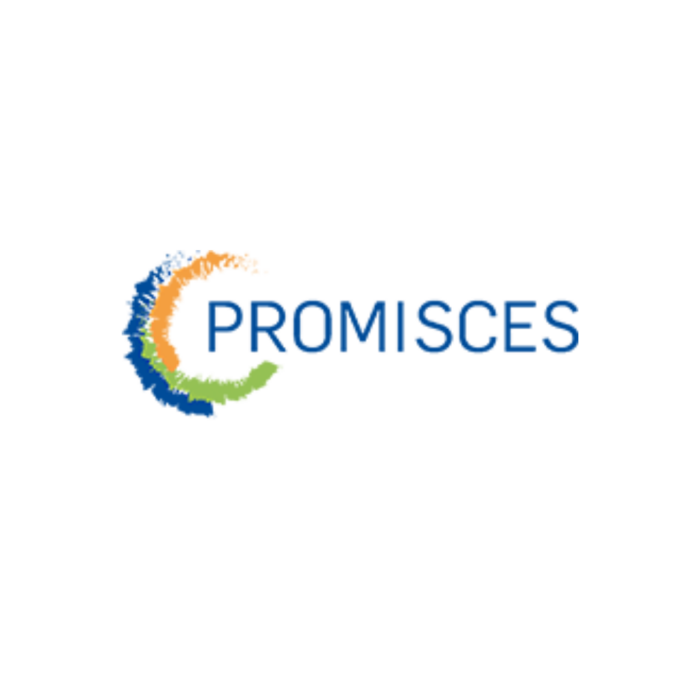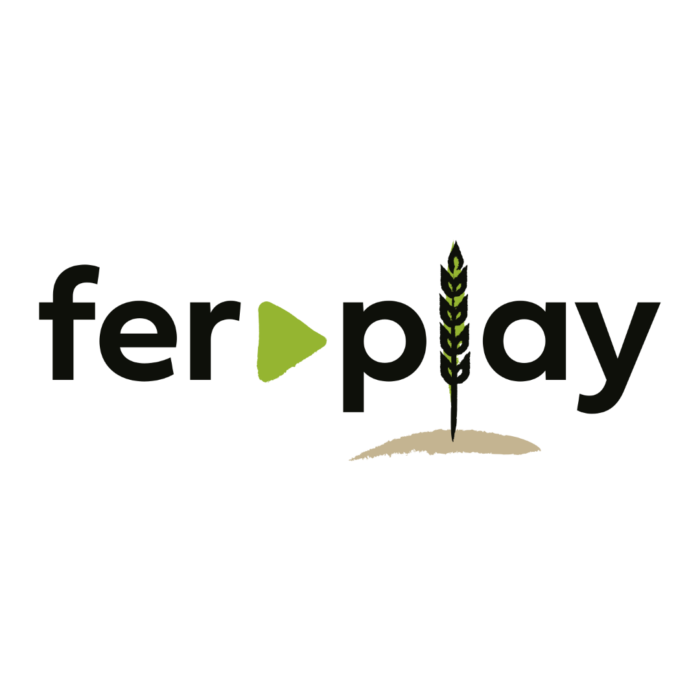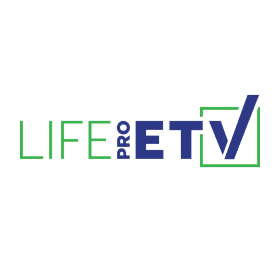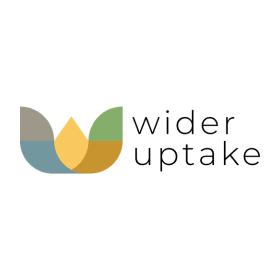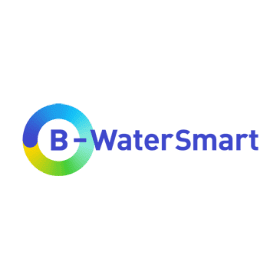Former rector and professor of the Autonomous University of Barcelona and former Minister for Universities, Research and Society of the Catalan Government, Solà is an expert in Experimental Economics, Behaviour Economics, Organizational Behaviour, Business Economics and Behavioural Finance.
Advisory Board
FAQs
WATER-MINING is a research and innovation project that develops energy-efficient technologies for treating wastewater from urban and industrial areas and from desalination, whilst promoting the extraction of valuable products from the residues generated during the process.
The project is called WATER-MINING because as well as identifying sustainable methods for treating wastewater and obtaining alternatives sources of usable water, the project does so while recovering (or mining) valuable products from the residues generated during the process.
The project started on the 1st September 2020 and lasts for four years, until the 31st August 2024. With a total budget of 19.1 million euros the project is partially by the European Union’s Horizon 2020 research and innovation programme, with a contribution of 16.9 million euros.
The project is coordinated by the Delft University of Technology (TU Delft) in the Netherlands, and brings together 38 public and private partners and four linked third parties from 12 countries across Europe.
The project expects to develop innovative technologies for: 1) a more energy-efficient and less polluting desalination process, 2) more sustainable techniques for extracting valuable products from urban wastewater residues such as phosphates and other bio-based valuables products, and 3) producing pollution-free industrial wastewater through a Zero-Liquid-Discharge loop system.
As well as these innovative methodologies, the project aims to increase public awareness about water management, promote new circular economy business models within the wastewater cycle, attract public and private funding for the upscaling of the methodologies developed, and develop adequate policy and regulatory measures to support the implementation of the methodologies developed.
By identifying new sources of usable water, the project increases access to clean water and sanitation to all – a basic right that benefits every citizen. In addition, administrative bodies that are interested in improving their water management may also be interested in the outcomes of the project, positively impacting those who live in their regions.
Finally, the project offers business opportunities for SMEs and other companies with interest in implementing the project’s methodologies and joining the market generated by these new sources of bio-based valuable products.
One of the project’s main objectives is to create new circular economy business models within the wastewater cycle, with the goal of improving the energy efficiency of water management processes, and recovering valuable products from the residues. Following this, the project identifies solutions for their reuse through the creation of a dedicated marketplace where potential producers and buyers of these products can meet and interact.
If you are interested in receiving project updates you can follow us on social media (Twitter, LinkedIn and YouTube). If you’re interested in announcing upcoming events or news related to WATER-MINING’s areas of interest you can share this with us via our contact form. Finally, if you’d like to contact the project’s management or communications team, please send an email to info@watermining.eu.
A WATER-MINING CoP is a group of diverse experts who share an interest in water issues. Participants in the CoPs interact regularly to exchange knowledge and develop ideas, contributing to innovative solutions for sustainable water management.
By joining a WATER-MINING CoP you connect with a network of stakeholders including end-users; technology providers, representative from the agriculture, energy and water sectors; regulators; local and regional authorities; and researchers. The CoPs offer the opportunity to build new professional networks, and exchange knowledge with this diverse group of experts. Furthermore, being involved in an EU project’s CoP can improve your professional visibility in an international context. For more information, get in touch through our contact form.
WATER-MINING’s CoPs offer the chance to share your knowledge and ideas, and discuss the water issues and solutions addressed by the CoP during their regular meetings. Furthermore, through the CoPs participants can join and contribute to knowledge exchange activities organised by the project.



